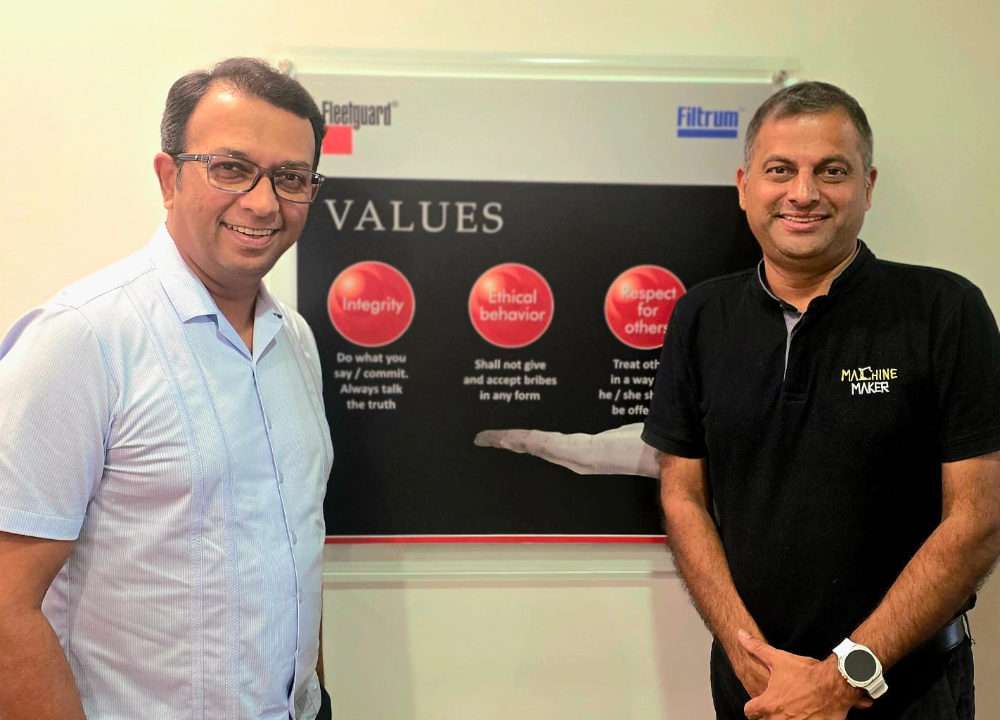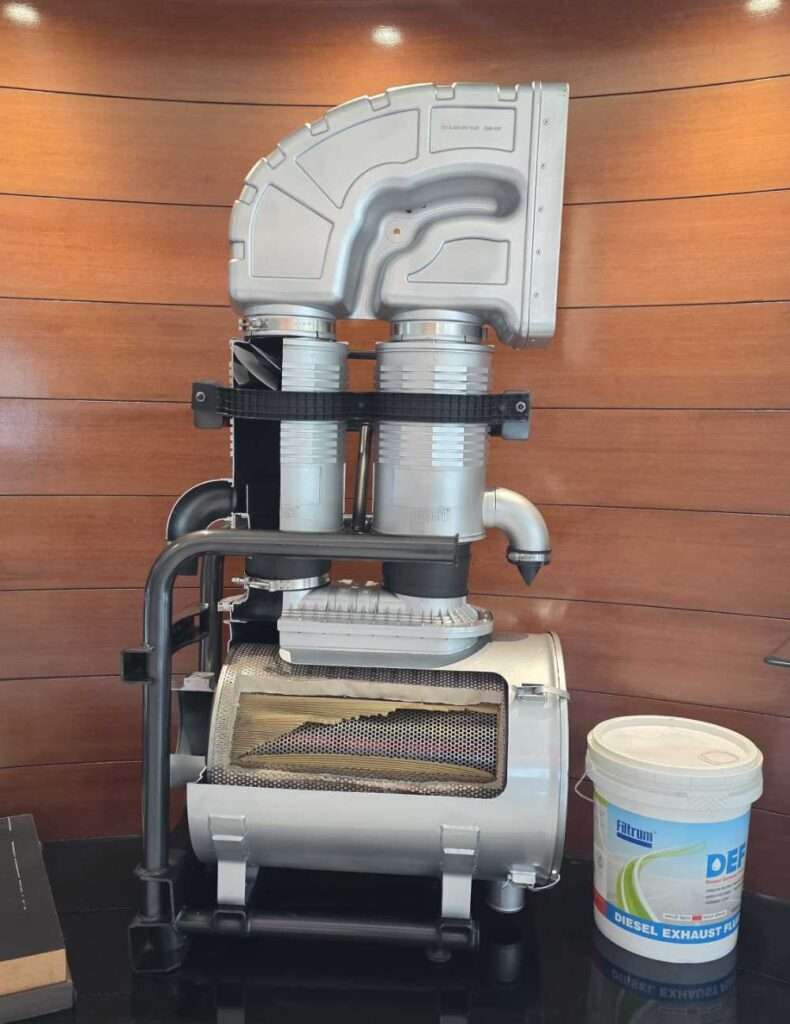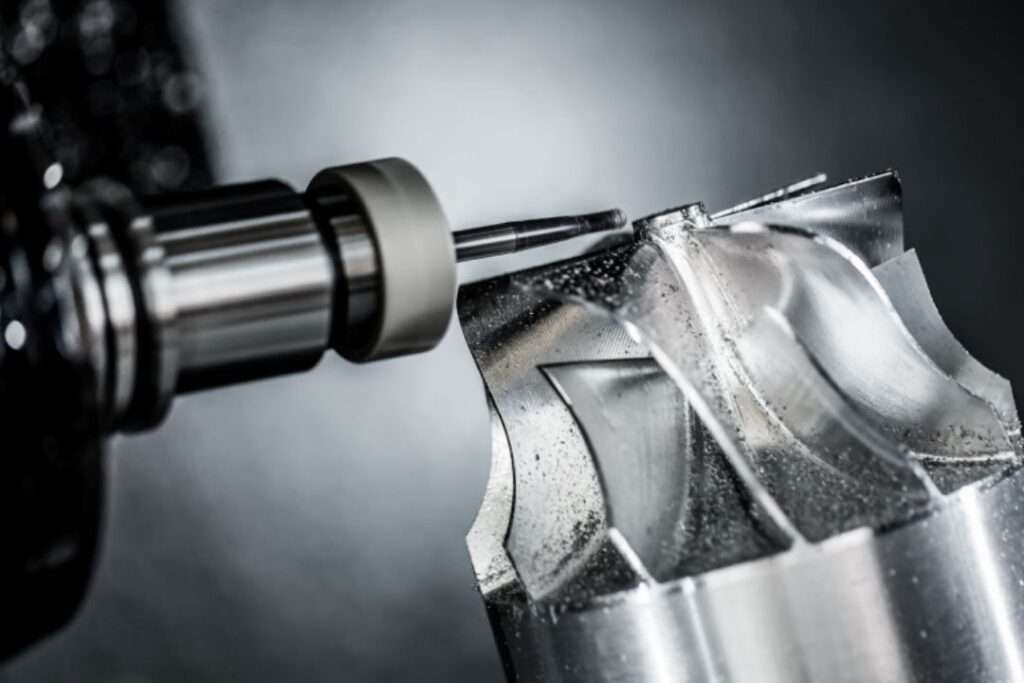In Indian manufacturing, few names command the kind of respect that the Kirloskar legacy does. But when I met Niranjan Kirloskar, the Managing Director of Fleetguard Filters Private Limited, it became clear that his story wasn’t a scripted continuation of a family enterprise. Instead, it was an unusual journey shaped by raids, resistance, and reinvention.
At the age of 17, Niranjan didn’t dream of filters or factories. He was a boy caught in the crossfire of suspicion that clouded Indian industry during the mid-1980s. What followed was a journey from courtrooms in Bombay to shop floors in Pune. This story speaks more than the personal transformation of Niranjan Kirloskar, about how India itself evolved in its relationship with its industrialists.
Fleetguard Filters is one of India’s leading manufacturers of filtration systems for commercial vehicles, off-highway equipment, and power generation applications. A trained lawyer turned industrialist, Niranjan Kirloskar brings a rare combination of legal acumen and manufacturing insight to the business. Under his leadership, Fleetguard has evolved from a component supplier into a systems partner, known for engineering innovation, customer responsiveness, and one of India’s longest-standing Indo-foreign joint ventures. With nearly three decades of hands-on experience across product development, aftermarket, marketing, and supply chain, Niranjan continues to steer the company with a sharp focus on reliability, agility, and value creation for customers across sectors.
When the State Knocks on Your Door

It was 1986. India was still navigating the turbulence of the License Raj. To curb black money and foreign exchange violations, the government under then Prime Minister V P Singh launched a sweeping crackdown across industrial houses under the FERA (Foreign Exchange Regulation Act). One of those raids landed at the doorstep of the Kirloskar family.
“My father was the Managing Director and Chairman of Kirloskar Cummins at the time,” Niranjan recalled. “Suddenly, government officers were inside our home, searching every corner. We had to sit quietly in front of them. I was in Class 12, and that moment stuck with me. It was the first time I realised how businesspeople were viewed in this country, not as nation-builders, but as suspects.”
That incident changed the course of his life. While many from industrial families went straight into business, Niranjan took a different path. He wanted to understand the law to defend, and most importantly to make sense of the system that could turn its back so quickly on those working to build the nation’s economy.
Bombay: The City of Law and Freedom
With the guidance of eminent criminal lawyer Krishnakant Desai, Niranjan enrolled at Jitendra Chauhan College of Law (famously known as Mithibai Law College) in Mumbai. For him, the city was a place of liberation. “Going to Bombay was about independence,” he smiled. “I was 21, and for the first time, independent,” he said. “Bombay gave me space. Law gave me structure. No one asked me when I came home or what I was doing. I took admission and immediately started working with Ambu & Diwanji.”
For Niranjan, Law was all about learning how to think. Even today, he believes legal training is the best education a leader can have. His early years in legal practice were rigorous and exciting. He worked alongside legendary legal minds like Krishnakant Desai and later joined a spin-off firm, helping open a new branch in Pune.
“People joke about lawyers being liars,” he smiled. “But law teaches you to think. Every legal argument is about breaking things down, finding the why behind the what.” It was during this time that he encountered a critical case, one that would redirect his future.
The Trademark Case That Brought Niranjan Back to Industry
After a few years in Bombay, Niranjan returned to Pune to manage a local office of a newly formed legal firm. A client approached him with a trademark infringement case involving industrial products. But unlike consumer goods, proving brand confusion in B2B sectors was more complex. “In FMCG, brand confusion is visual. But in manufacturing, products are chosen based on technical specs, engineering drawings, and application fit. I realised I didn’t even understand how our products were manufactured, how could I argue for or against something I couldn’t comprehend?”

That moment made Niranjan pause. “I had to understand the world I came from before I could defend it.” And so, in 1994, he stepped out of the courtroom and walked into Fleetguard Filters as a trainee. “From 1994 to 1996, I worked in stores, on machines, and in the planning department. I wanted understanding.”
That hands-on immersion laid the foundation for his leadership philosophy. “When you’re on the shop floor, you understand why things go wrong. You listen better. You think in terms of processes, not power.”
In 1996, he moved into New Product Development, followed by stints in marketing, aftermarket, and even human resources. “Understanding the market and people is crucial. These two — customers and employees decide the future of any manufacturing business.”
Interestingly, Niranjan believes not being an engineer gave him an edge. “As a lawyer, I had the freedom to ask what others assumed. I would ask ‘stupid’ questions, but often, those led to important corrections or insights.” Today, after nearly three decades, he can understand cost structures, manufacturing methods, and product fitment, but he still approaches problems like a lawyer: with structured reasoning and strategic questioning.
The Birth of Fleetguard India: A Partnership That Endures
Fleetguard Filters Private Limited was born in 1988, a joint venture between Cummins (USA) and Indian partners, including Niranjan’s father, Arun Kirloskar and RV Ramachandran. It was one of the earliest Indo-foreign industrial JVs. “Back then, Cummins already had a strong engine presence in India. The idea was to develop world-class filtration and vibration control solutions here,” he said. “Three main companies were formed — Fleetguard (filters), WHLF (vibration dampers), and an entity for valves.”
What makes this venture extraordinary is its longevity. “This JV is now in its 37th year. I’m dealing with the 10th President from the US side. While most JVs break up in 5–10 years, we’ve grown stronger.”
Today, Fleetguard India is co-owned 50:50 between the Indian and global entities. The global company, earlier Cummins Filtration, is now Atmus Filtration Technologies — a NYSE-listed firm. Yet the Indian operations are run entirely by Indian professionals. “This is not a family business. It’s professionally managed. That’s why it has lasted,” Niranjan emphasized.
From Filter Maker to Filtration Systems Pioneer

“We deliver complete filtration systems.” Niranjan Kirloskar emphasizes that filters by themselves are no longer the value proposition. A simple fuel or air filter might be manufactured by any local vendor, but what matters is the system’s reliability.
Fleetguard transitioned from selling standalone filters to offering integrated systems: air intake modules, oil filtration modules, fuel filtration units, and coolant filtration systems. They now design and manufacture the core filter, the adjoining pipes, clamps, rubber hoses, and metal assemblies all tailored to the engine’s application. “It’s about what your engine breathes, drinks, and digests. We now think like a systems company, not just a filter manufacturer.”
Unlike international competitors who offer standardized filters from catalogs, Fleetguard India builds custom solutions based on application environments — from highway trucks to coal mine excavators. “The same truck working in a highway vs in a mine has vastly different filtration needs. We engineer for that.” This India-based customization, enabled by an in-house R&D center, is what sets Fleetguard apart. Their local engineering response time gives them an edge: “If a customer calls today with a change request, we can design and deliver a solution within 24 hours, without needing US approvals.”
Why the India Trusts Fleetguard?
Fleetguard’s leadership in the aftermarket is built on availability and trust. “We don’t ask our distributors to forecast. Forecasts never work. We track consumption and replenish daily.” By operating on a real-time replenishment model, they allow distributors to carry just a few hours’ worth of inventory, reducing risk and cash lock. Their daily dispatches and responsive warehousing ensure market coverage with lean inventories, a rarity in Indian manufacturing.
The result? Their Return on Sales (ROS) is over 100%, a global benchmark in the automotive aftermarket, where even 35% is considered excellent.
Fleetguard operates six manufacturing plants and multiple warehouses across India, not to increase overheads, but to stay closer to customers. “When you’re transporting an air intake system, you’re transporting air. It makes no sense. We manufacture close to demand centers.”
This proximity helps them slash lead times, respond faster, and even operate without schedules or forecasts from their OEM partners. Their Just-in-Time model is so efficient that OEMs have invited them to showcase this system at supplier conferences. “Efficiency is good. But what we deliver is reliability — in product, service, and supply chain.”
Fleetguard enjoys 65–70% market share in the segments they serve. While that’s a validation of trust and performance, Niranjan sees it as a vulnerability. “When you’re at 70%, you have limited room to grow. The threat now is low-cost players undercutting on price.” Yet, Fleetguard’s focus is on value, on ensuring their engineering and aftermarket support continue to offer unmatched reliability.
“When a new vehicle is launched, we track it. If there’s a performance issue, we identify it before the OEM does. That’s real partnership.” Fleetguard sends application engineers to study customer use cases, designs bespoke systems, and maintains aftermarket service logs. This integration from design to field service is what keeps their OEM relationships strong.
From License Raj to 2025: A Nation Transform
Looking back, Niranjan sees immense change — and some persistent gaps. “In 1981, Cummins had proposed manufacturing a Volvo bus in India. The bus was stunning, but because of licensing hurdles, it never saw the light of day. That’s how limited we were.”
Today, India is more open, but not seamless. “People speak of ‘Ease of Doing Business,’ but try setting up a plant you’ll need 41 to 42 approvals. Across states, it’s the same story. We’re better than the past, but far from ideal.”
Even today, Niranjan’s legal knowledge is a cornerstone of his leadership. Whether it’s renewing technical collaborations or negotiating contracts, he does it himself. “I’ve never had to call a lawyer to check what’s legal or not. I understand both the law and the business. It saves time, builds trust, and gives me control.”
Niranjan Kirloskar often advises young professionals: “Even if you never practice, study law. It sharpens your mind and protects your business.”







